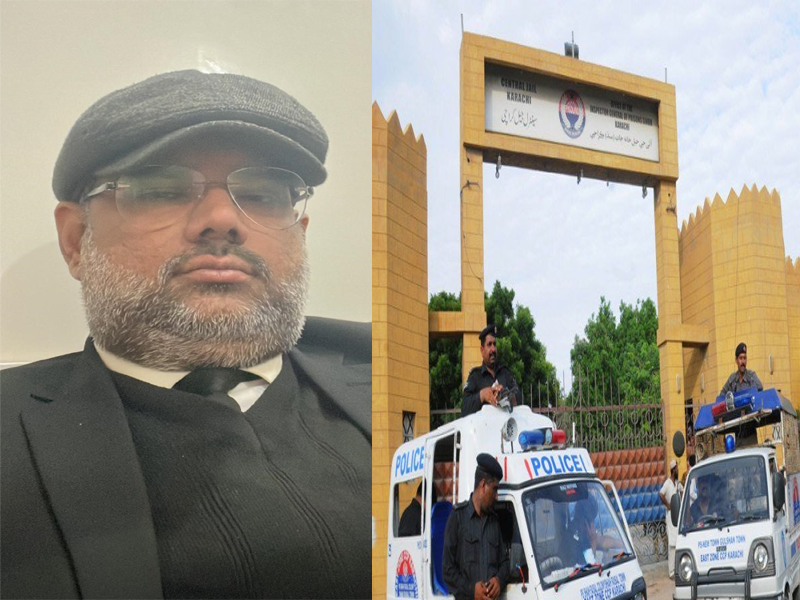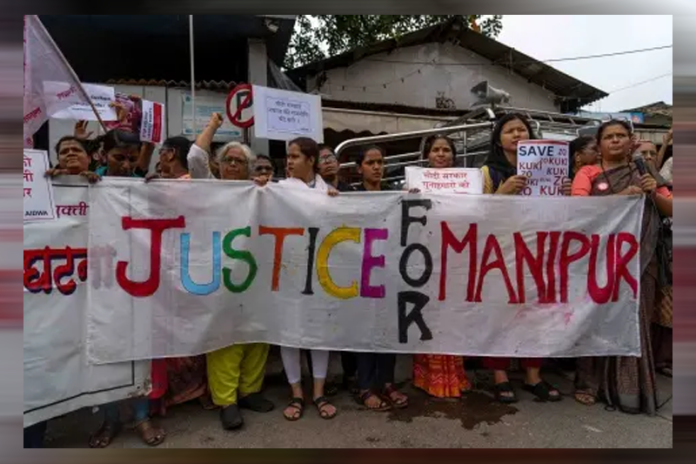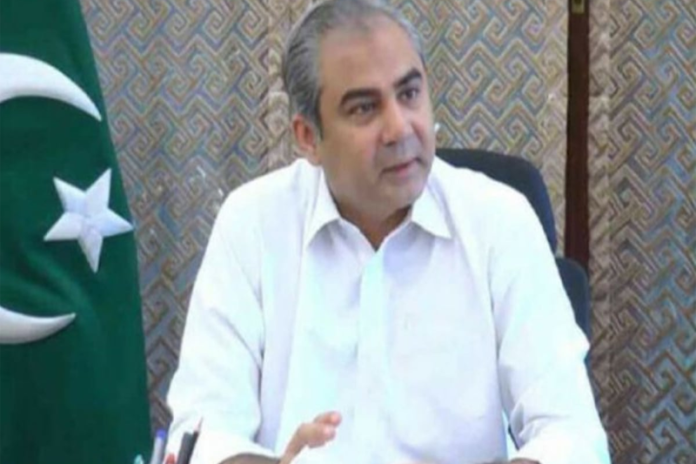Urgent need for psychological support in Sindh’s prisons

- 181
- 0
Hayat Laghari KARACHI: The conditions inside Sindh’s jails are deteriorating rapidly, particularly when it comes to the mental well-being of prisoners.
In a system that emphasizes punishment over rehabilitation, the psychological health of inmates often goes unnoticed, leaving many prisoners vulnerable to severe mental health issues. This problem has reached a critical point, and it is imperative that the Sindh government steps in to address the issue by providing professional psychological support within the prison system. Inmates in Sindh’s jails are subjected to harsh living conditions, overcrowding, and isolation from their families. Many are also grappling with the trauma of their past actions, prolonged legal battles, and uncertainty about their future. These factors compound existing psychological issues, and without proper intervention, prisoners become mentally weak, leading to long-term consequences for both the individuals and society at large. There is a pressing need for psychologists to be stationed in prisons, offering counseling services to those struggling with mental health issues. These professionals can help inmates process their trauma, cope with the stresses of incarceration, and develop strategies for rehabilitation and reintegration into society. Without this critical support, prisoners are left to battle their psychological demons alone, often worsening their mental state and increasing the likelihood of recidivism. The Sindh government must take immediate action by instituting a comprehensive mental health program within its prison system. This initiative should include the recruitment of trained psychologists and counselors who can provide both individual and group therapy sessions. Additionally, mental health screening should be a part of the intake process for all inmates, ensuring that those in need of support are identified early and receive timely intervention. By investing in the mental health of prisoners, the government not only upholds human rights but also promotes a more rehabilitative approach to incarceration.
A mentally healthy inmate is more likely to reintegrate successfully into society, reducing the strain on the justice system and contributing to the overall safety and well-being of the community. In conclusion, the mental health crisis in Sindh’s prisons demands urgent attention. The provincial government has a responsibility to provide adequate psychological support to inmates, ensuring that they are given a fair chance at rehabilitation and mental recovery. It is time to prioritize the mental well-being of prisoners and create a system that not only punishes but also heals.

















































